Each year educators at SOEL engage in research with the children to dig deep into an idea or concept. Researching is a process of co-constructing with children to explore new ideas using critical thinking skills. It is not the transferring of knowledge from teacher to child.
Over the years, we have researched music and movement with our toddlers and how acquiring new physical and gross motor skills shapes their identity and relationships. We have studied the many subtle ways babies engage with their communities. We have delved deep into the 6 Noongar seasons, equity, Stories of place and our families etc.
Each year we encounter many challenges; however, these come with a willingness from our educators to think critically and to research alongside children and families. The findings from our research with children and educators inform our research ideas for the following year.
Our research BIG ideas and concepts explored in 2023 continued to be underpinned by the Early Years Learning Framework Principles and Practices, EYLF Outcomes and our SOEL Values of resilience, mindfulness, curiosity, leadership and integrity.
At SOEL , educators from all SOEL centres ( Educational leaders, assistant educators , lead educators , studio educators and members of SOEL pedagogy and training team) meet 3 to 4 times a year to network with one another and build a community of learners.
SOEL Network meetings started in 2021. Each age group ( babies, toddlers and kindy educators) has the opportunity to meet with each other to collaborate and hear different perspectives.
We usually have these network meetings through ZOOM but the last network meeting of the year is face to face.
Here is a snapshot of one our Kindy Network meetings for 2023!
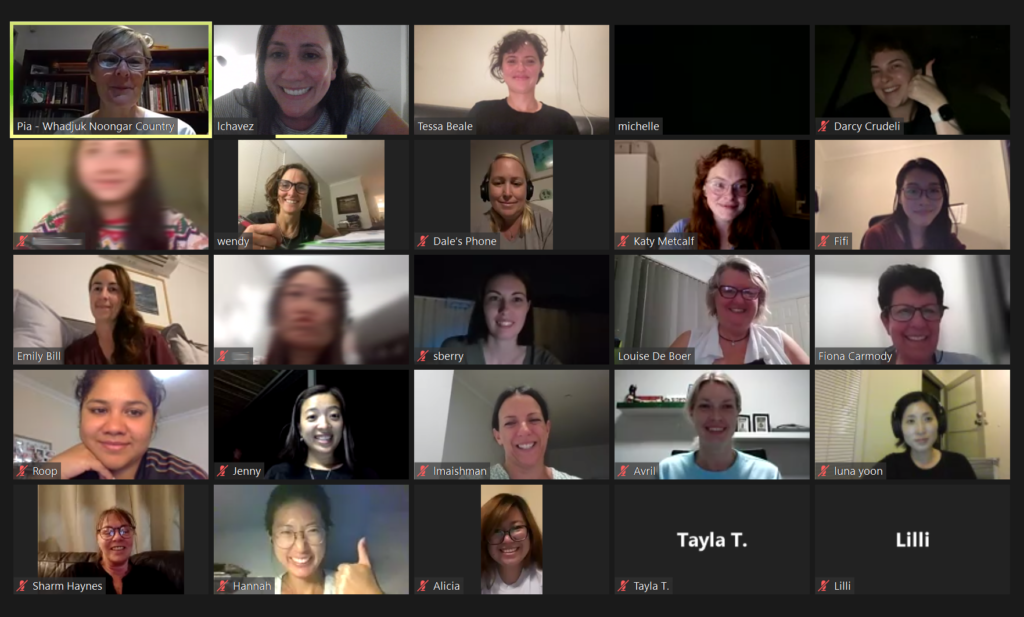

The 2023 Research focus that our Baby and Studio educators will unpack this year is:
“Babies being Seen, Heard and Acknowledged.”
EYLF Outcomes: Outcome 1.1, 1.3, 2.1, 3.1, 4.1, 5.1 and 5.3
SOEL Values: Curiosity and Leadership
This year’s long-term research focus for babies invites us to revisit our image of the baby. How do we see them? Are we seeing babies learning (their encounters, routines, experiences, relationships) through a lens of the complex and sophisticated ways they build relationships with their world?
Or are we seeing our babies through a lens of helplessness, reliance, vulnerability, and dependency?
When our image of the baby is as a strong, competent, and capable human being, then our pedagogy (our routines, environments, resources, interactions and so on) is shaped by this view.
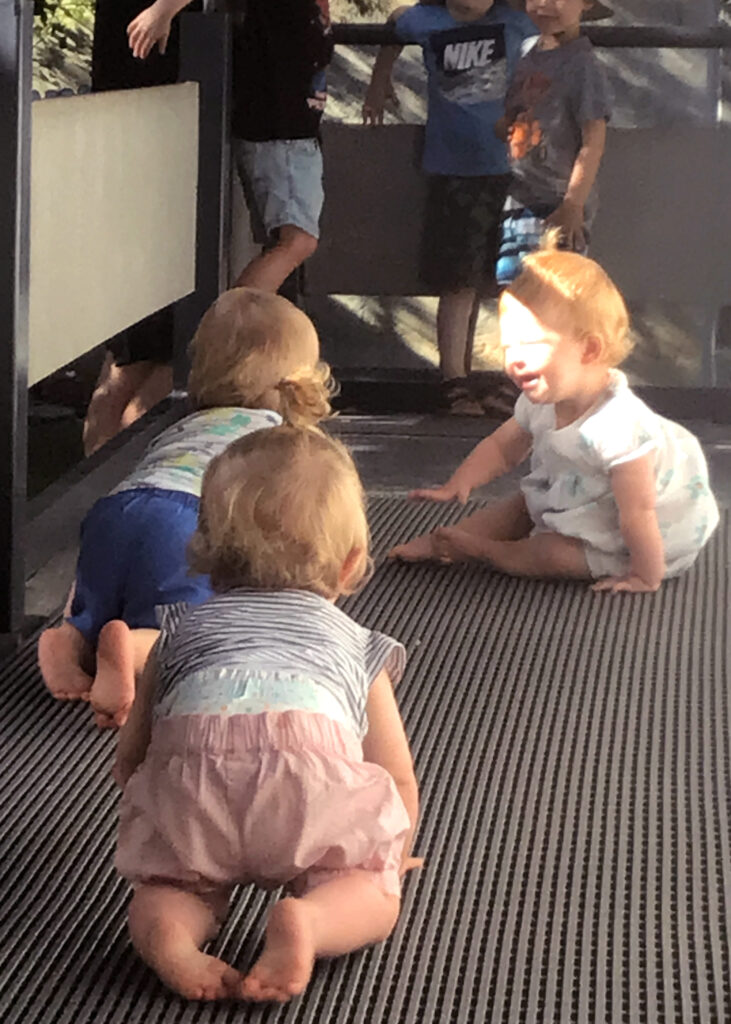

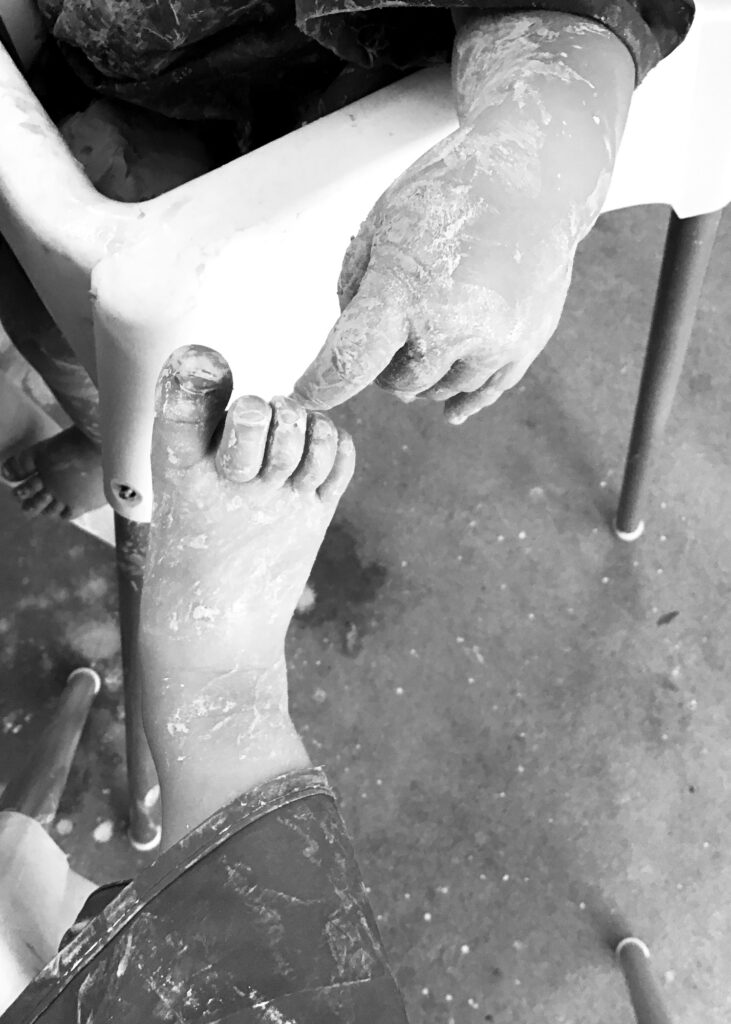

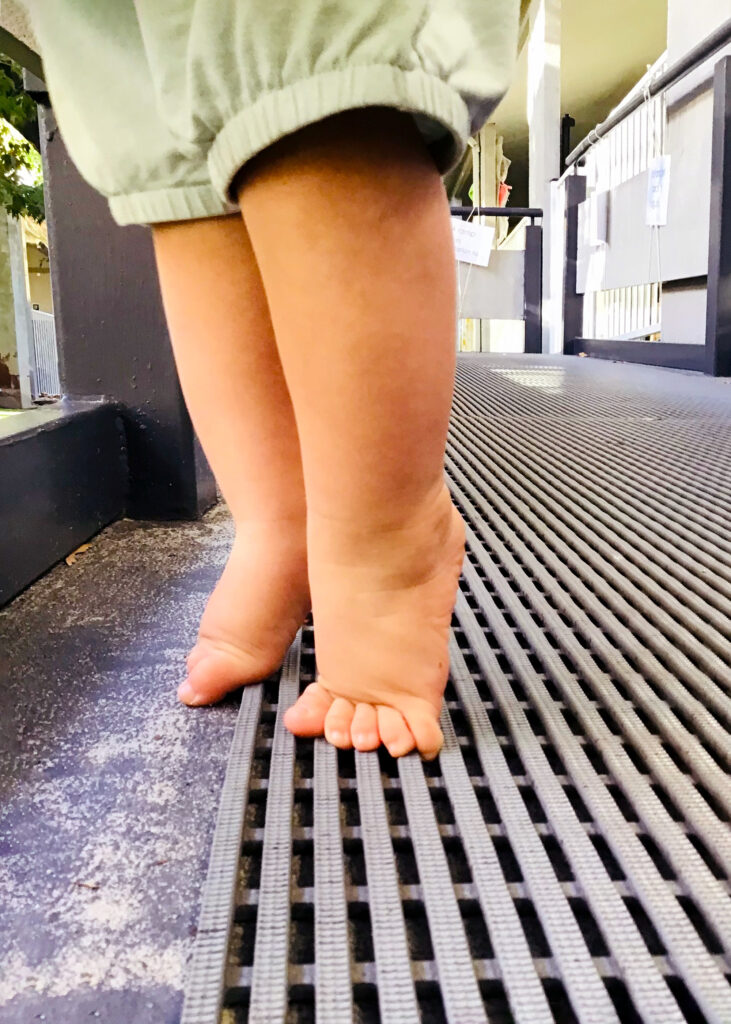

One possible way of engaging with this research is through the concept of secure relationships explored in the “Circle of Security” framework and through a lens of Citizenship.
One way of engaging with this research as a family could be to consider and share your thoughts about the image of the baby with other family members. When is your baby being seen, heard and acknowledged at home? What are those moments of the day?
A poem by Bronwyn shared by “The Challenge” in their November 2020 edition reminds us to see babies as citizens, knowers, and capable and resilient researchers.
This baby is…
a citizen of the now, a researcher of the world who encounters with hands, with body, with wholeness… with a joy to understand.
This baby is deserving of beauty softness, comfort and safety.
Of a place that builds my identity through connections to my family, my culture, community and the natural world.
This baby belongs…
And is cradled within a family who are strong and connected.
I learn through my security with you.
My first experiences are delight
Be with me in this moment.
Now is my gift
Through me, you see anew the wonder of light, of hope, of love.
This baby knows…
I have a place here with you and my identity is strong
You are my heartbeat through which I understand the rhythms of each day
Small moments matter
Small movements matter
Small decisions matter
I am generous and have so much to share with you when you slow down …Listen…
My movements are talking to you
Talk to me too…
Words and actions repeated from patterns for me and come to know the rhythms of people, place and time
I find my place through you and with you, so take time with me
The 2023 Research focus that our Toddler and Studio educators will unpack this year is:
“Shared delight in play”
EYLF Outcomes: Outcome 1.1, 1.2, 1.3, 1.4, 2.1, 3.1, 4.1, 4.3, 4.4, 5.1 and 5.3.
SOEL Values: Curiosity, Mindfulness, Resilience
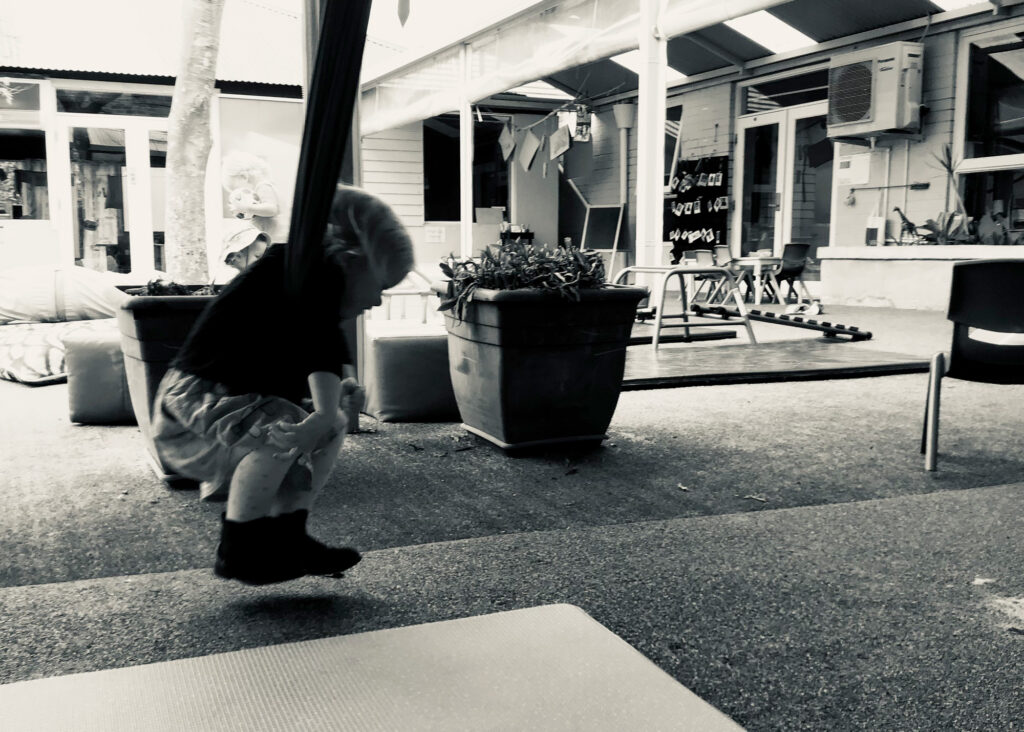

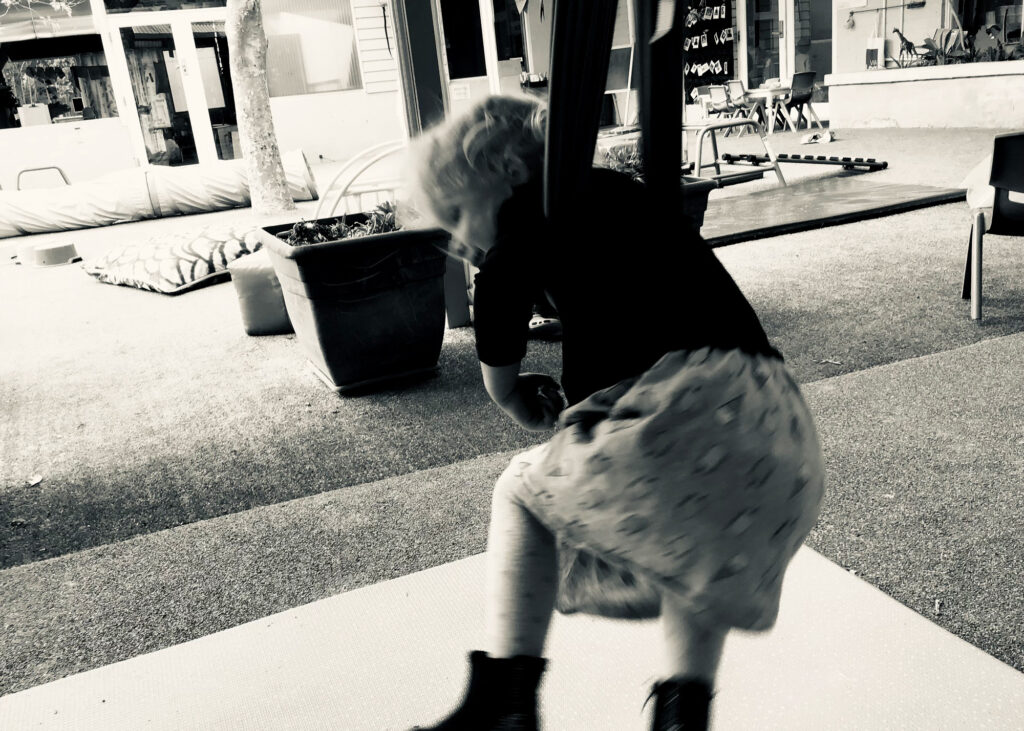

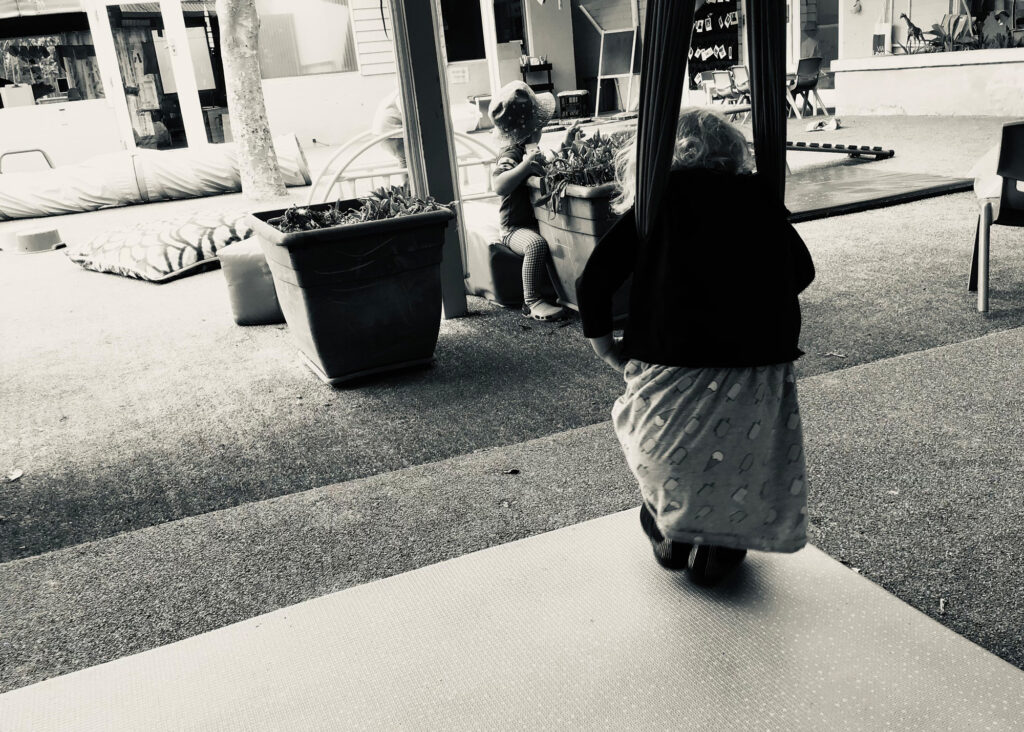

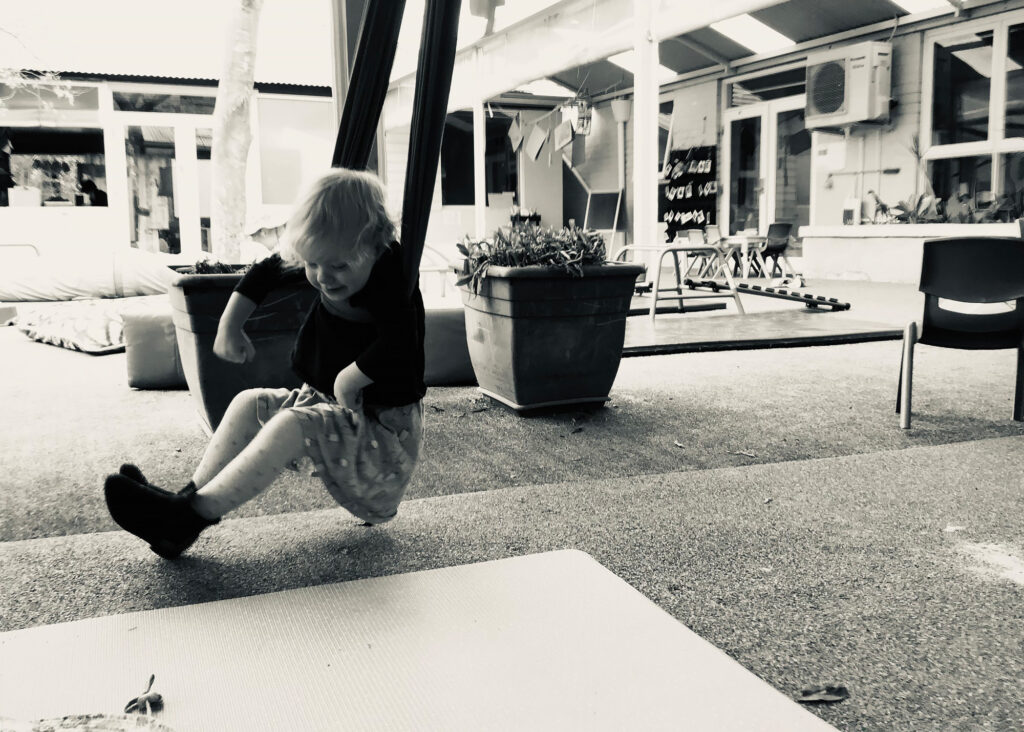

This year’s long-term research focus for toddlers invites us to reflect on the concept of play, our role in children’s play and the importance of play for young children’s learning, concentrating on emotional and social learning.
Do we see play as something children do before they do ‘real work’? Do we see play as trivial, without inherent value to the child?
Or do we see play as the foundation for how children construct their understanding of the world around them?
Do we see our role in play as fostering this understanding and as one which is intentional?
“We do not believe in ourselves until someone reveals that deep inside us something is valuable, worth listening to, worthy of our trust, sacred to our touch. Once we believe in ourselves, we can risk curiosity, wonder, spontaneous delight or any experience that reveals the human spirit.”
– E.E. Cummings
One possible way of engaging with this research is by exploring the growth of relationships through everyday moments and play, investigating different types of play and play schemas, and inquiring how toddlers learn to be with each other and communicate to identify play partners.
One possible way of engaging with this research as a family could be to consider what play means to you. How do you play with your toddler? When are you playful, and what does this look like?
The 2023 Research focus that our 3-Year-Old Kindy and Studio educators will unpack this year is:
“Community”
EYLF Outcomes: Outcome 1.1, 1.3, 1.4, 2.1, 2.2, 2.4, 3.1, 4.4, 5.1, 5.2, 5.3 and 5.4
SOEL Values: Curiosity, Leadership, Mindfulness, Integrity.
This year’s long-term research focus for the children and educators in the 3-year-old kindy invites us to consider who is in my Kindy community and what is vital to the people in my Kindy community. How do we build a community and solve problems as a community?
Do we hear children’s voices and understand how children at three years of age build community and work cooperatively?
When we see children as capable and competent, this shapes our pedagogical decisions.
“Children are born once. Then it is as if they were born a second time, in the long and laborious work of giving themselves identity […] of recognising themselves and being recognised. But above all, and this is the purpose they aspire to most, of recognising themselves in others, and in others finding parts of their self.”
– Loris Malaguzzi
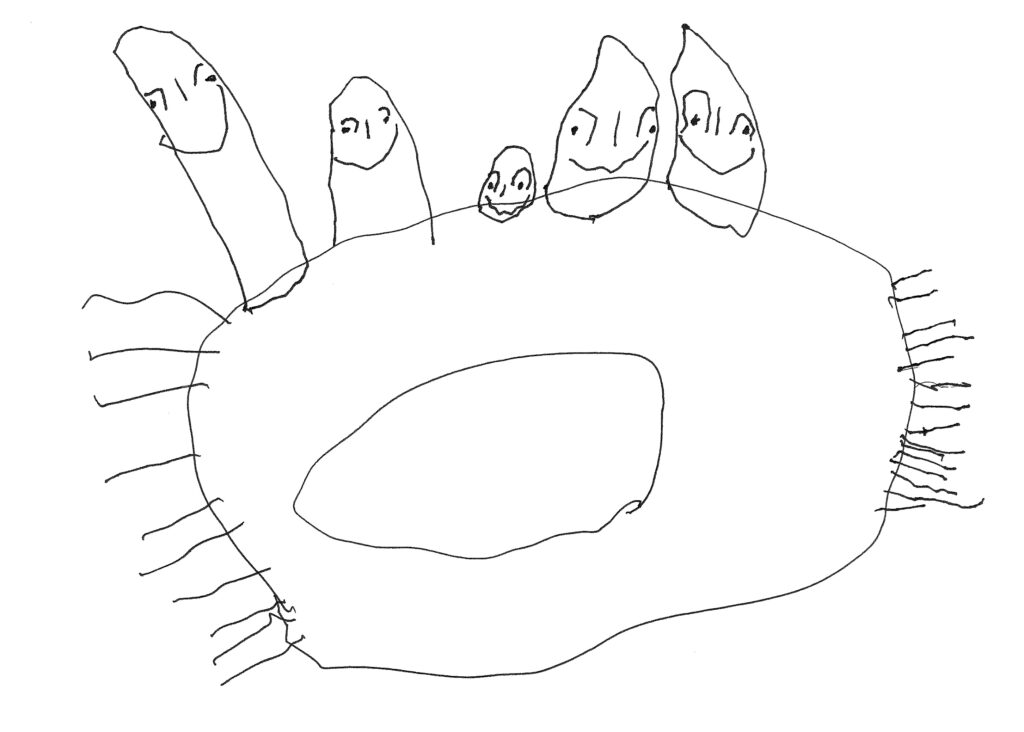

Some possible ways of exploring this research are through the lens of the Noongar Seasons, for example, movement through the seasons/observing nature and Country, collecting data about Country, or considering the physical cues in the environment and the landing points of the day within the Kindy room community.
One way for your family to engage with this research idea is to consider what community means to you and identify the rituals and familiar routines that shape your day in your family community.
The 2023 Research focus that our 4-Year-Old Kindy and Studio educators will unpack this year is:
“Social Justice”
This word comes from our engagement in the anti-bias approach and research in 2022 following the BIG Idea that Social change occurs when children and educators become advocates for fairness, social justice, and inclusion.
EYLF Outcomes: Outcome 1.1, 1.3, 1.4, 2.1, 2.2, 2.3, 2.4, 3.1, 4.1, 4.2, 4.3, 4.4, 5.1, 5.2, 5.3, 5.4, 5.5.
SOEL Values: Curiosity, Leadership, Mindfulness, Integrity.
This year’s long-term research focus for the children and educators in the 4-year-old kindy invites us to continue investigating the concept of social justice and the four anti-bias goals.
Some of the possible ways we may engage with this include through the lens of:
- Democracy – Using wearable objects to make abstract ideas concrete for children.
- Language to contain – the power to include or exclude.
- Gender.
- Forums and being heard during group time.
- Diversity – family diversity, different ways of being and doing. “The diverse classroom”.
- Social justice in routines.
- Everyday acts of inclusion.
- Being welcomed and welcome in.
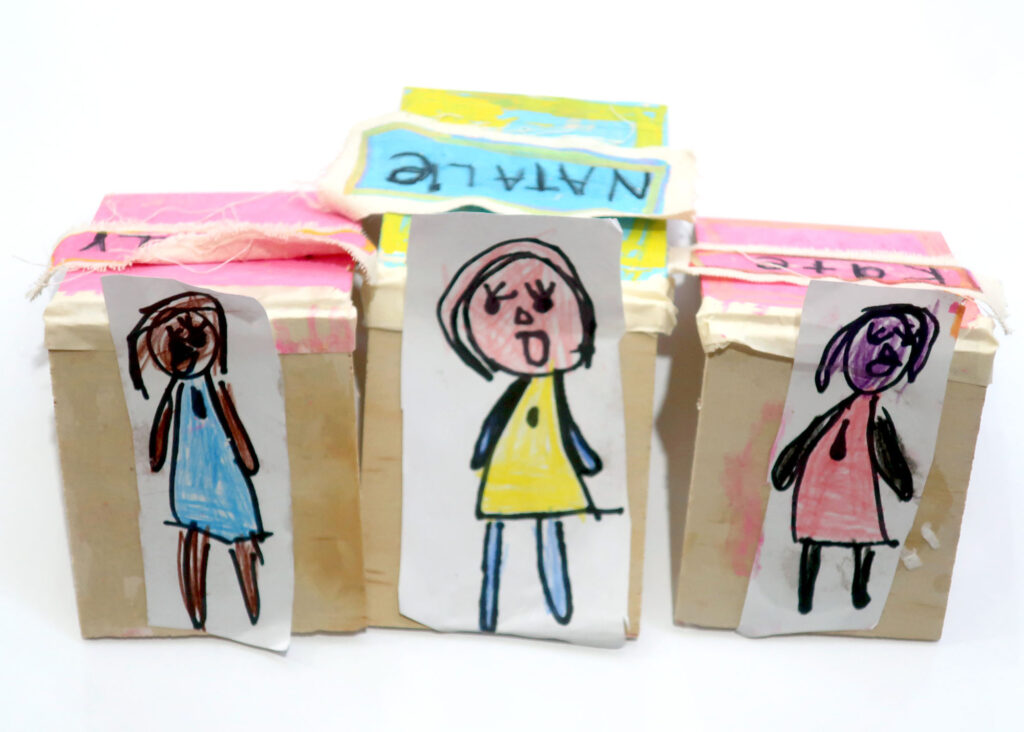

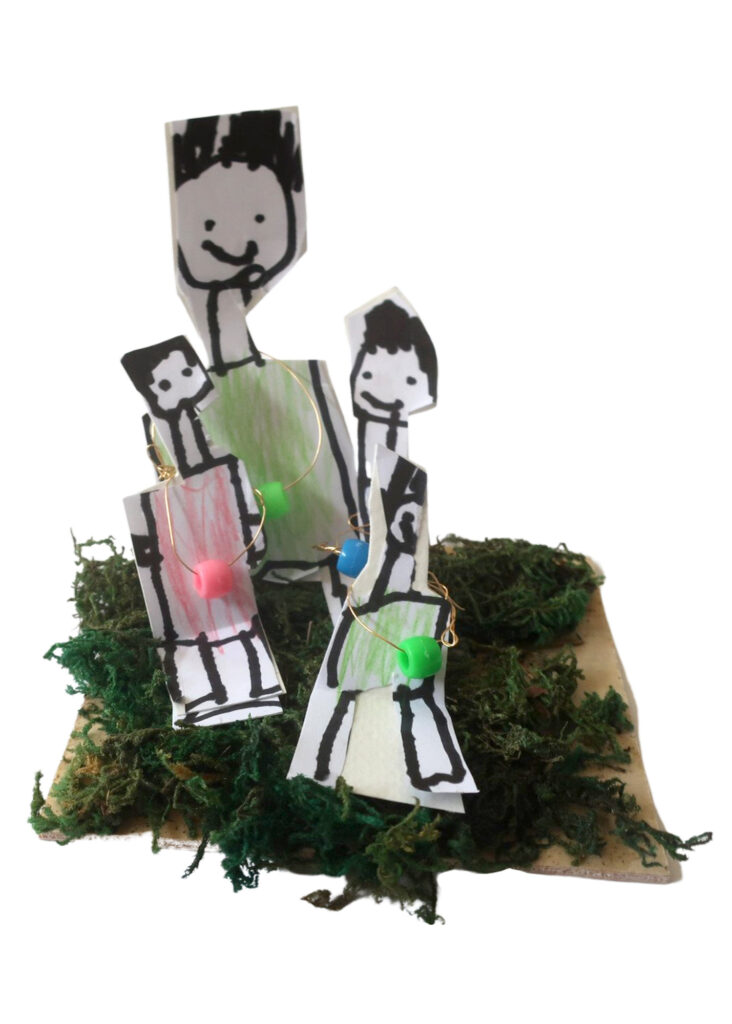

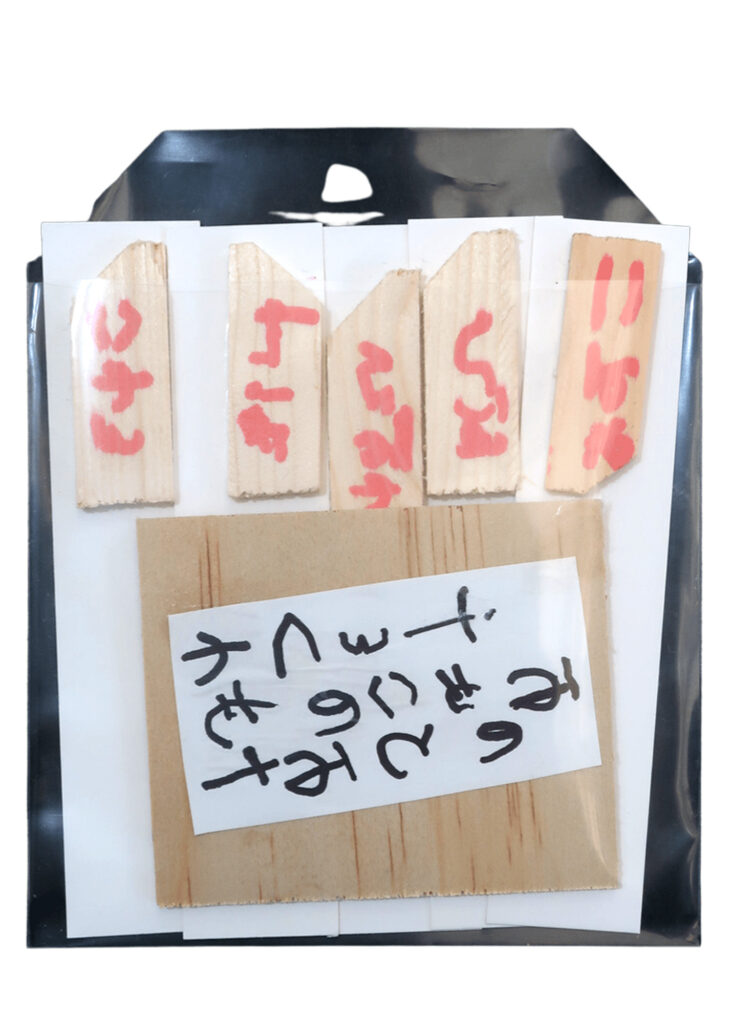

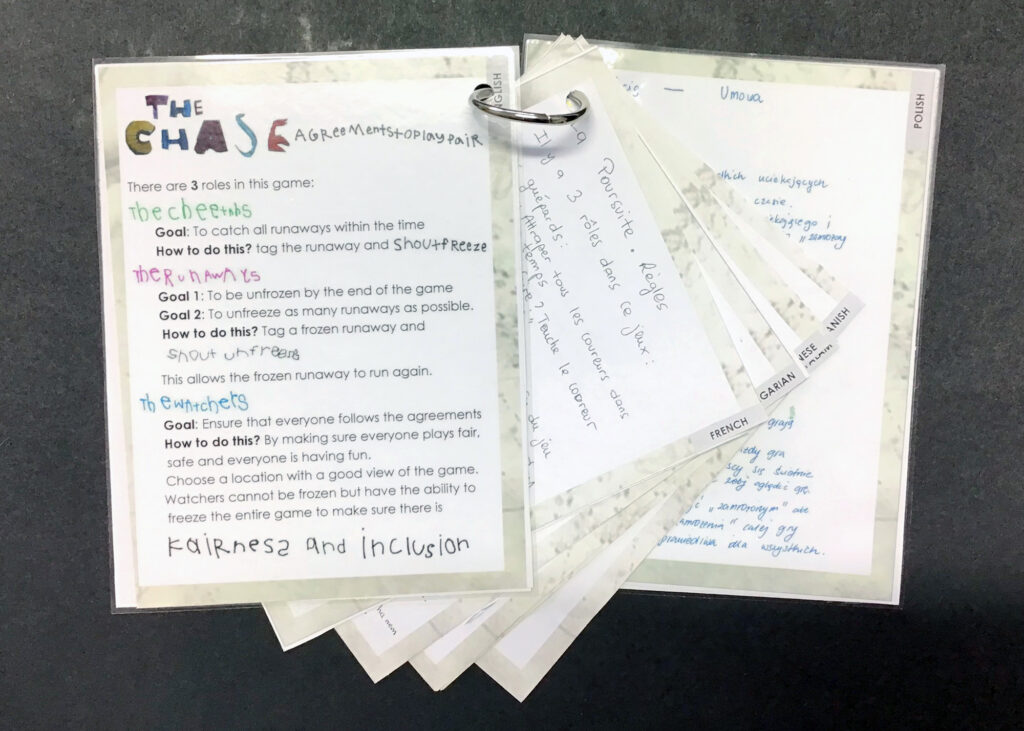

“One child, one teacher, one book and one pen can change the world.”
– Malala Yousafzai
One of the ways, as a family, you could engage with this research idea is to reflect upon your family’s everyday acts of inclusion. For example, what are the moments in your family when your children participate (mealtimes, tidying up, participating in decision-making)?
SOEL Educators discussed the long-term research ideas for each age group last month and will launch these programmes alongside the children shortly. In addition, families will learn about children’s engagement in this research through Storypark posts, visible displays, documentation and conversations with educators, Educational Leaders, and Studio educators.
We look forward to sharing this journey with you.
By Liz Chavez and Pia Coates
